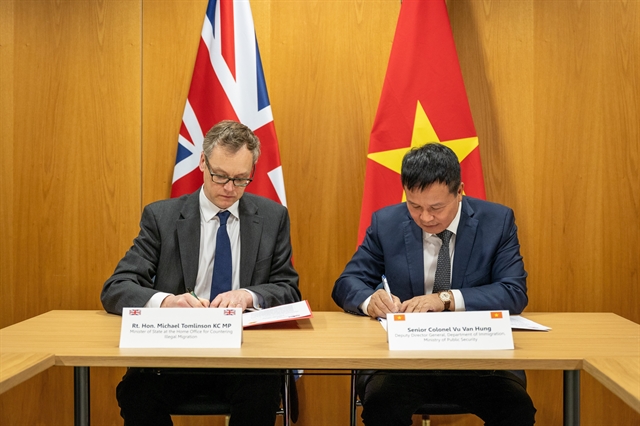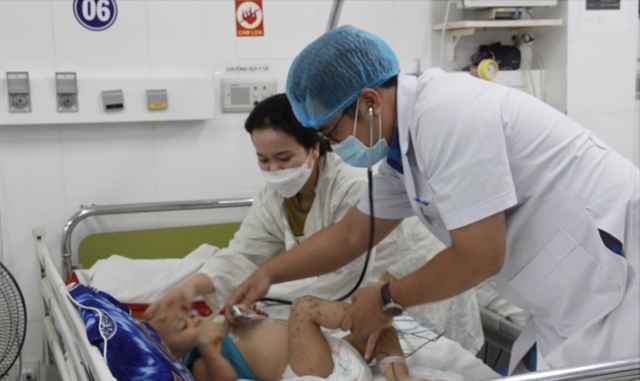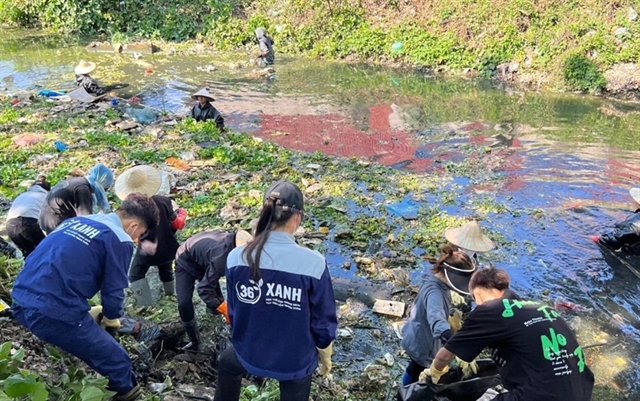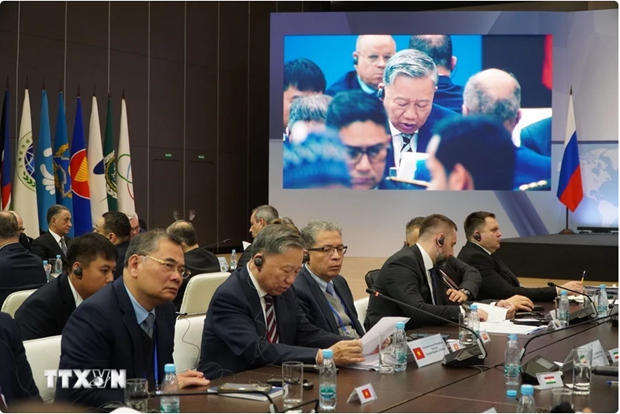 Society
Society

HÀ NỘI – A comprehensive plan on how to use US$500 million in compensation from the Taiwan-owned Formosa Hà Tĩnh Corporation must be outlined by the end of next month, the Prime Minister said yesterday.
In an online meeting between the Government with localities, one day after Formosa finally admitted its responsibilities in the mass fish deaths across the central region and committed to a compensation of half a billion dollars, the issue of how to spend the money for the benefit of affected residents was put on the table for discussion.
Measures to help hundreds of thousands of people along the 300-km coast hit by the fish die-off must be a top priority, said Prime Minister Nguyễn Xuân Phúc.
The Government should calculate how much compensation they should get and announce the figures quickly, Phúc said.
“How much is given to the fishermen, how much is spent for the environmental protection fund or for initiatives to promote offshore fishing will all be made public in a transparent way to ensure the effective spending of the compensation money,” he said.
Thừa Thiên-Huế People’s Committee Chairman Nguyễn Văn Cao said the fishermen live in communes by the coast where there is little to no agricultural land, making it impossible to turn them into farmers.
“I am asking for the Government’s support to help them (fishermen) work abroad or switch to offshore-fishing,” Cao said.
Agreeing on partly using the compensation money to promote offshore-fishing, the PM suggested an interest cut of 1–1.5 per cent on fishermen’s loans to build or buy offshore fishing ships. The current cap rate for loans in terms of offshore fishing is seven per cent.
Phúc appointed Deputy Minister Vương Đình Huệ and Finance Minister Đinh Tiến Dũng to work out a detailed plan on the compensation spending.
“After all is done, the most important thing is that Formosa keeps its commitment on not to repeat its violations. Should that happen, we are determined to shut it down,” Phúc said.
The mass fish deaths started on April 6 in Kỳ Anh Town in Hà Tĩnh Province - where Formosa Hà Tĩnh is located – then quickly spread southwards to Quảng Bình, Quảng Trị and later down to Thừa Thiên-Huế over the next nine days.
Initial statistics from the four provinces reported some 277 tonnes of dead fish – both washed up on the beaches and farmed fish from the sea, causing estimated economic losses totaling more than VNĐ260 billion ($11.5 million). At least 123,000 fishermen and locals who rely on the sea for a living or who work in the tourism industry were severely affected. This has not taken into account the damages to the environment.
The Government has yet to provide a final report on the losses of the four disaster-hit provinces.
Public servant downsize
The Government meeting yesterday also made public that the civil service shrank by more than 10,000 people in the first half of this year, a far cry from the initial annual target of 40,000.
The figure was combined from employment reports of 18 ministries and State agencies and 61 local authorities nationwide .
Though some ministries, like the Ministry of Agriculture and Rural Development and the Ministry of Natural Resources and Environment were doing well in downsizing – respectively, 311 and 164 public servant positions cut this year – other state agencies were lagging behind the Government’s plan, said Home Affairs Minister Lê Vĩnh Tân.
A six-year civil service employment downsize plan aims to cut about 1.5 per cent of workers every year, an equivalent to about 40,000 people starting from 2015.
Most of the downsized workers would be the ones who retire before their full retirement age, together with some 20 per cent fired because of below par job performance.
The Government has been seeking to cut back the number of public servants since 2008 to improve the quality of the civil service, but with little success so far.
As of June, less than seven per cent of the plan’s initial target – cutting at least 240,000 jobs - was reached.
Reports in 2013 showed that the number of civil servants grew 20 per cent - five years after the Government leaders called for a leaner system.
There are now about 2.6 million people working in Government offices or state agencies. – VNS
What do we do now?
Experts talk to Kinh tế & Đô thị (Economics and Urban Affairs) newspaper after authorities announced the cause of the mass fish deaths in central Việt Nam.
Professor Đặng Hùng Võ, former Deputy Minister of Natural Resources and Environment
We have to learn a lesson from this incident, that is to never assume investors to be environmentally responsible. They will discharge wastewater to the environment even though they know the consequences and the potential devastation to peoples’ lives. Formosa’s actions proved that investors always want to cut environmental costs as much as they can.
Secondly, we have to re-examine our mechanisms for environmental protection. What we should do now is reassess more than 30 coastal economic zones to see what we have done, what we are doing and plan what to do in the future. The sea is very vulnerable to environmental pollution and natural disasters.
Professor Mai Đình Yên, Việt Nam Ecology Association
The cause of the incident has been announced. Now we must carry out a comprehensive assessment in order to come up with proper solutions. The first priorities are to help the affected fishermen find a living and to provide local residents with safety information about the seafood harvested in the region.
Our country has a 3,260km of coastline - valuable natural resources for Việt Nam’s development. We have had conducted some research about the sea over the years, but gained little knowledge about it. The Government has to promote more sea study so that we can find the causes and solutions as quickly as possible to any future incidents.
Nguyễn Tử Cương, head of Sustainable Seafood Development, Vietnam Fisheries Society
We are very thankful to the Government and scientists for having announced the cause of the mass fish deaths. After what happened, we are asking the Ministry of Natural Resources and Environment, as well as relevant agencies, to supplement policies and regulations regarding environmental control and especially legal measures to monitor factories’ waste discharge in order to ensure a sustainable environment. – VNS

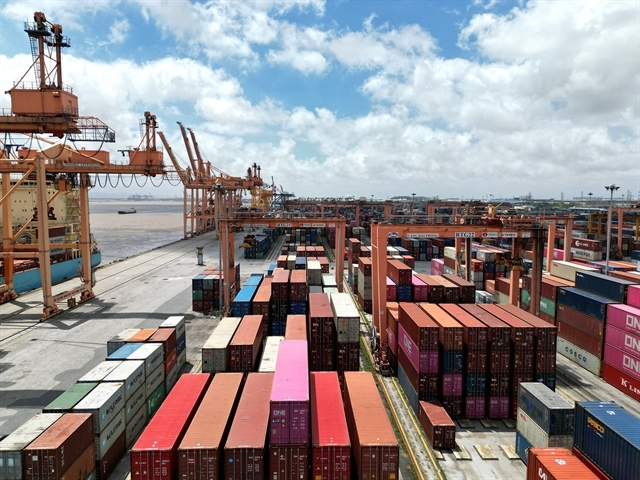


.jpg)
